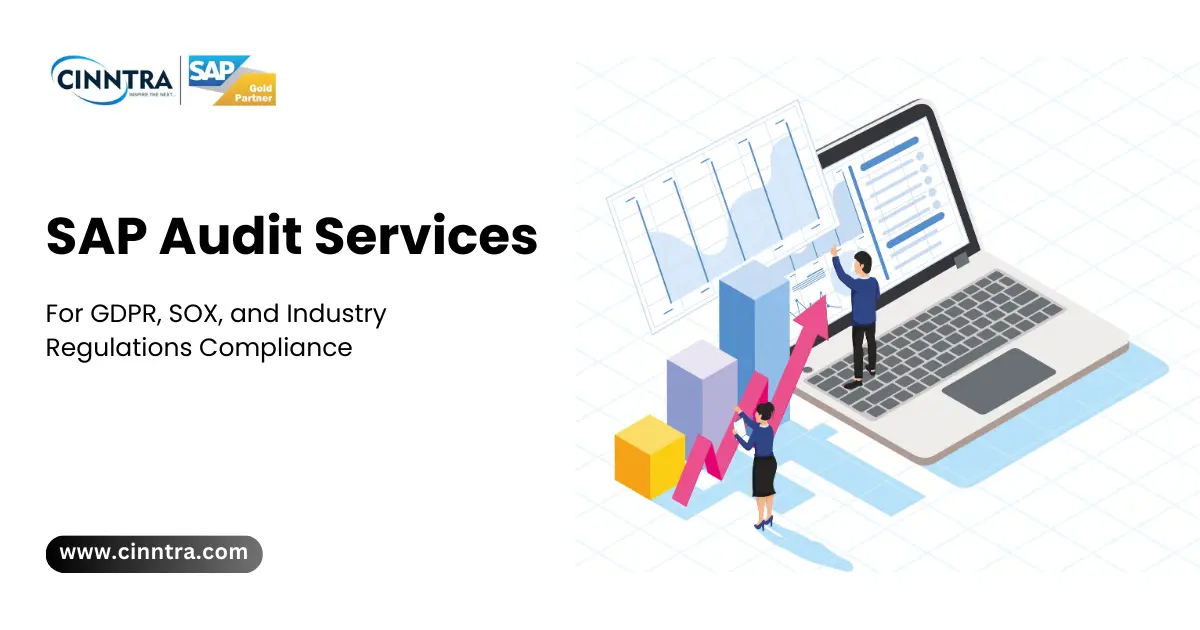Digital Transformation with SAP Business One

The goal of a company's digital transformation is to improve both the customer and employee experience while simultaneously bolstering and raising overall corporate productivity.
Being a smart company that delights consumers and workers is the destination, but digital transformation is a journey that is just as important. Even though many companies have adopted digital transformation, the bulk of them is still failing. Before starting this digital journey, myths need to be dispelled. For instance, a common complaint of the technology is that it energizes or changes processes, which is shared by many participants.
According to SAP (and others), the assets of an organization should be more affected by digital transformation than they now are. This is because people are affected by it as well, both as consumers of digital converters and as designers, builders, and shapers of the transformation themselves.
What is Digital transformation?
Rethinking an organization's use of technology to deliver value is known as digital transformation. New company models and strategies that offer fresh and more enduring revenue streams in a digitally driven economy are the goals of the metamorphosis.
Although the phrase "digital transformation" has gained popularity, the underlying idea is sound: for modern organizations to advance, they must embrace both existing technologies and those that are still developing.
Organizational competencies and culture must also change; technology alone is not a panacea. However, technology makes it possible to innovate and make changes that would otherwise be impossible. Businesses will have a better chance of dominating their market now and in the future, if they use digital tools to adopt a more agile, flexible, and customer-centric strategy.
With digital technology, SAP Business One, a top enterprise solution for small to medium-sized businesses, enables firms to conduct operations differently.
Why does your company need transformation?
Today's industry is competitive, disruptive firms, it can enter the market with little investment, and consumer expectations, but the emerging expectations are making it difficult to stay relevant (and increase revenues).
Adopting innovative working practices made feasible by cutting-edge technologies is necessary for producing the goods and services that people desire, providing a continuous superior customer experience, and achieving speed to market.
Technologies that can empower your business solutions
Things, businesses, and people are all becoming more interconnected. Nowadays, a lot of our personal and professional interactions take place online, in real-time, across digital platforms, or both.
You must transform into an intelligent, digital business if you want to endure and thrive.
While vital for businesses, digitizing data and procedures, increasing productivity, and having an online presence is only the tip of the iceberg.
Technology's true potential lies in assisting you in continuously reimagining what you offer and how you offer it: by altering team collaboration processes, creating entirely new goods and services, better comprehending and addressing customers' needs, and providing more immediate and individualized experiences.
Businesses can achieve this thanks to new computing infrastructure, which consists of the following:
- Cloud computing
- Mobile technology
- Big data
All the data and insights are enhanced by the technologies mentioned below:
- Internet of Things (IoT),
- Advances in Machine learning & Artificial intelligence
- Innovations like blockchain
It takes time to assess, develop, and utilize technologies, thus expecting a complete business transformation to occur overnight is impractical. Building a solid digital foundation is a great place to start.
A digital core is created for SMEs to operate more intelligently in a digital economy by a contemporary, open, and full-featured enterprise solution like SAP Business One. A foundational platform from which you may link with other, related technologies is necessary to build a firm prepared for the digital transformation. Without a cutting-edge ERP system at the heart of this technological foundation, your company will struggle to connect the dots. Because they affect every part of a business, ERP systems go to the core of a company and the linked business functions and benefits:
- Manufacturing
- CRM
- Finance
- Distribution
- Reporting
- Sales
- Purchasing
- Purchase planning
How to start with your Transformation
Prior to the advent of ERP technologies, each department inside the organization used its own solution. It might be
- a paper trail beginning with the sales
- ordering administrative and financial software
- warehouse email
Then the CRM system appeared, although not without some problems.
Finally, Intelligent ERP showed up and combined all of these branches' specialized tools into a single, comprehensive solution, improving the operations of companies like yours.
Indeed, the core goals of SAP Business one ERP are integration and efficiency enhancement so that you may meet customer expectations, optimize your sales, and start your business's digital transformation.
Why not now? To learn more about how we can integrate SAP Business One into your company, get in touch with us.






0 Comments